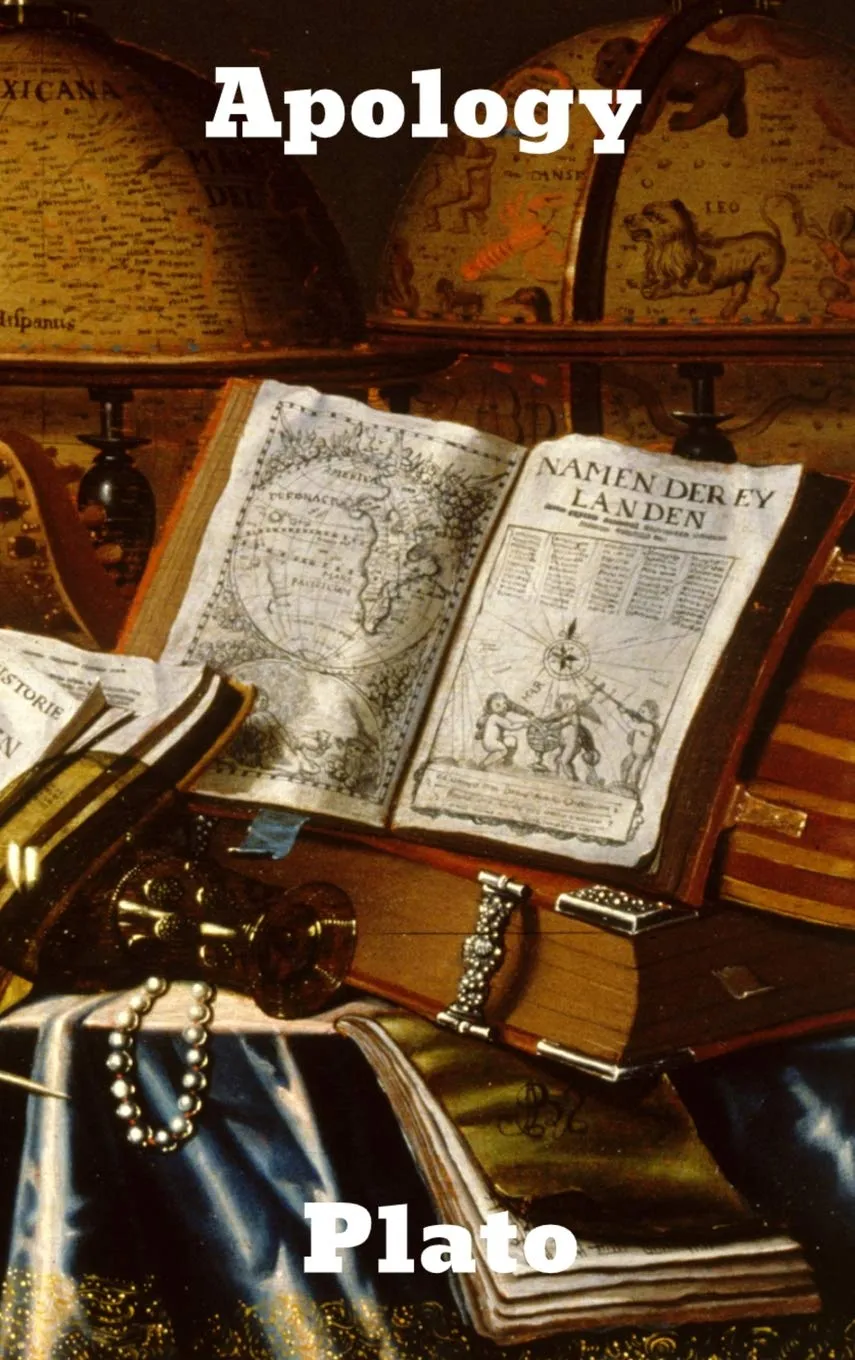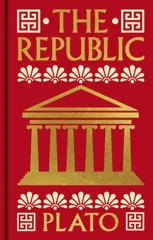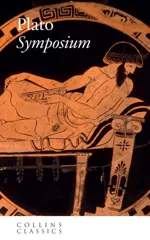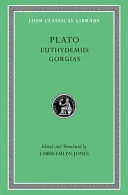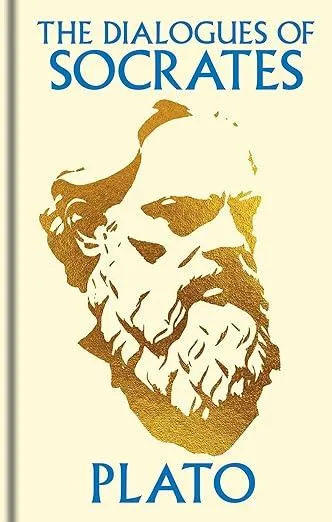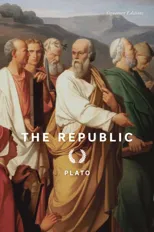Apology
(Author) PlatoThe Apology of Socrates by Plato, is the Socratic dialogue that presents the speech of legal self-defence, which Socrates presented at his trial for impiety and corruption, in 399 BC. Specifically, the Apology of Socrates is a defence against "not believing in the gods in whom the city believes, but in other daimonia that are novel" to Athens. Among the primary sources about the trial and death of the philosopher Socrates (469-399 BC), the Apology of Socrates is the dialogue that depicts the trial, and is one of four Socratic dialogues, along with Euthyphro, Phaedo, and Crito, through which Plato details the final days of the philosopher Socrates. The Apology of Socrates, by the philosopher Plato (429-347 BC), was one of many explanatory apologia about Socrates's legal defence against accusations of corruption and impiety; most apologia were published in the decade after the Trial of Socrates (399 BC).[3] As such, Plato's Apology of Socrates is an early philosophic defence of Socrates, presented in the form of a Socratic dialogue. Although Aristotle later classified it as a genre of fiction, [4] it is still a useful historical source about Socrates (469-399 BC) the philosopher. Except for Socrates's two dialogues with Meletus, about the nature and logic of his accusations of impiety, the text of the Apology of Socrates is in the first-person perspective and voice of the philosopher Socrates (24d-25d and 26b-27d). Moreover, during the trial, in his speech of self-defence, Socrates twice mentions that Plato is present at the trial (34a and 38b).
Plato
Plato was an ancient Greek philosopher and the founder of the Academy in Athens, the first institution of higher learning in the Western world. His most notable works include "The Republic," "Symposium," and "Phaedo." Plato's dialogues are written in the form of conversations between Socrates and other characters, exploring themes such as ethics, politics, and metaphysics.
Plato's influence on literature is profound, as his philosophical ideas have inspired countless writers and thinkers throughout history. His most famous work, "The Republic," is a seminal text in political philosophy and has had a lasting impact on the genre. Plato's literary style is characterized by its use of dialogue, dialectic, and allegory, making his works both engaging and thought-provoking.
